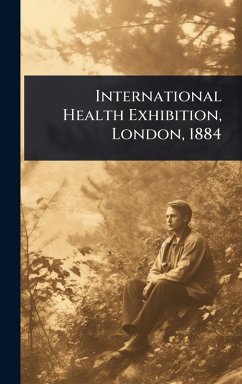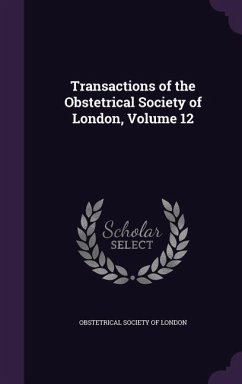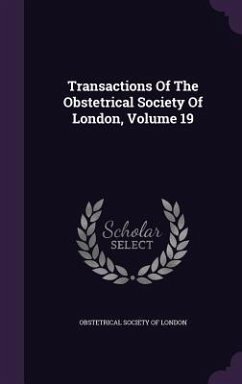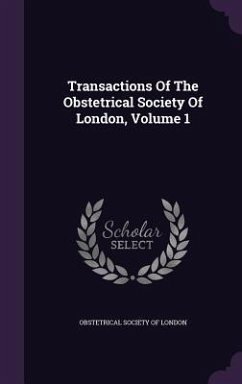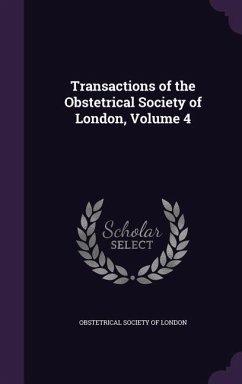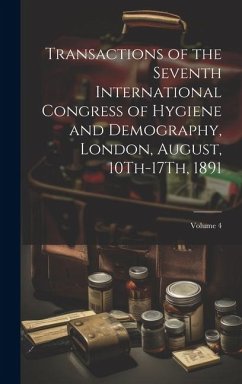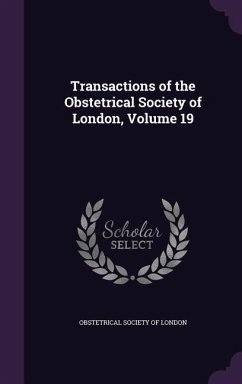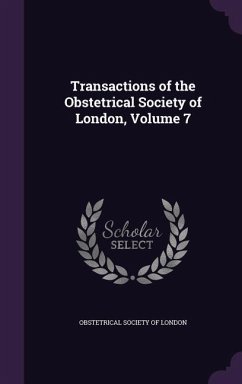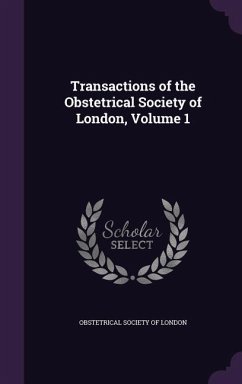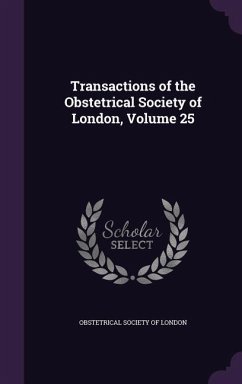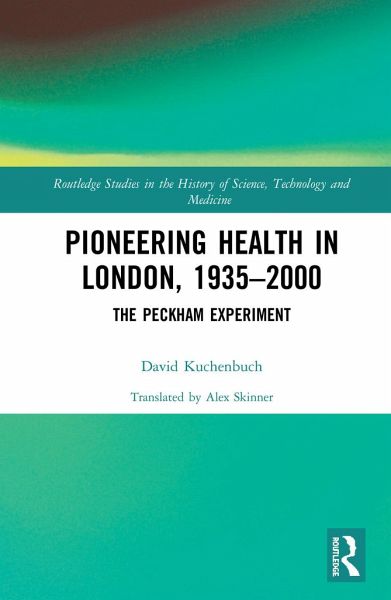
Pioneering Health in London, 1935-2000
The Peckham Experiment
Versandkostenfrei!
Versandfertig in 1-2 Wochen
169,99 €
inkl. MwSt.
Weitere Ausgaben:

PAYBACK Punkte
85 °P sammeln!
The so-called Peckham Experiment, conducted between 1935 and 1950 in the London Pioneer Health Centre (PHC), was one of the most important social experiments of the modern era. Combining a micro-historical perspective with approaches from the history of science - as well as analysing historical photographs from the Centre itself - this book shows how bio-medical theories on social organization informed research on social life in the 1930s and 1940s. The outcome was a kind of social laboratory, where new insights into the power of social groups to self-organize were generated - insights which w...
The so-called Peckham Experiment, conducted between 1935 and 1950 in the London Pioneer Health Centre (PHC), was one of the most important social experiments of the modern era. Combining a micro-historical perspective with approaches from the history of science - as well as analysing historical photographs from the Centre itself - this book shows how bio-medical theories on social organization informed research on social life in the 1930s and 1940s. The outcome was a kind of social laboratory, where new insights into the power of social groups to self-organize were generated - insights which were soon discussed around the world and which still haunt British political debates today.




